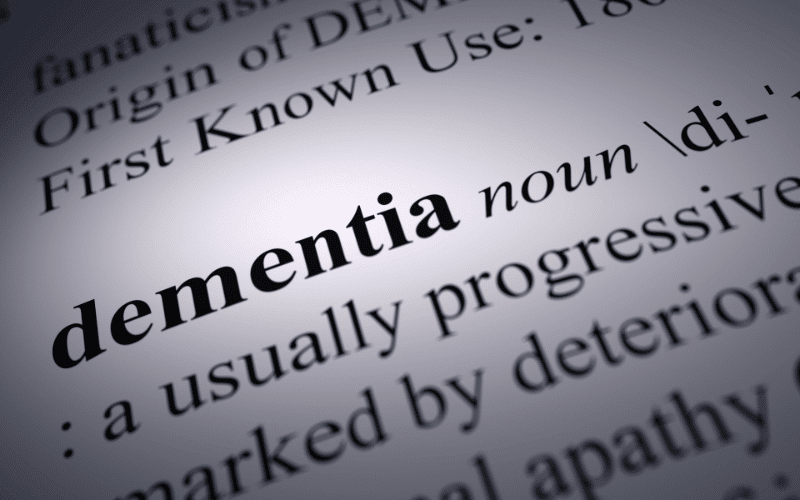Frequently Asked Questions About Dementia And Delusions

1. What is the difference between dementia and delusions?
Dementia is a general term for a decline in cognitive ability severe enough to interfere with daily life. It is characterized by symptoms such as memory loss, difficulty in completing familiar tasks, confusion with time and place, and changes in mood and personality. On the other hand, delusions are a symptom of certain types of dementia. They are fixed false beliefs that are not based on reality and not aligned with the person’s cultural or religious background.
2. Are delusions common in all types of dementia?
No, delusions are not common in all types of dementia. They are more prevalent in certain types like Alzheimer’s disease, dementia with Lewy bodies, and frontotemporal dementia. The presence of delusions in dementia depends on the specific type of dementia and the stage of the disease.
3. How can delusions in dementia be managed?
Management of delusions in dementia involves a combination of medical treatments and non-drug strategies. Antipsychotic medications may be used, but they should be approached with caution due to potential side effects. Non-drug strategies include reassurance, distraction, and changes in the environment. It is crucial to address the feelings behind the delusion rather than arguing about the facts.
4. How can early detection of dementia and delusions benefit the person and their family?
Early detection of dementia and delusions allows for timely intervention and treatment, potentially slowing the progression of symptoms and enhancing the quality of life. It also provides the opportunity for the person with dementia and their family to plan for the future, make necessary arrangements, and access support services. For caregivers, it equips them with strategies to manage the challenges effectively.
5. What does the future hold for dementia and delusion management?
Research is continuously advancing in the field of dementia and delusion management, providing hope for the future. Emerging treatments are focusing on addressing the root cause of dementia, and personalized interventions are being developed for delusions. Prevention strategies are gaining importance, with lifestyle modifications playing a key role. There’s also a growing focus on public awareness and advocacy to improve care and increase research funding.
Conclusion: Navigating the Complexity of Dementia and Delusions
As we’ve explored throughout this article, dementia and delusions present a complex challenge for individuals, families, caregivers, and society as a whole. This complexity stems not only from the nature of the conditions themselves but also from the multifaceted impact they have. From the psychological toll on the individual, the emotional and physical burden on caregivers, to the substantial economic implications, dementia and delusions reach far and wide.
Yet, despite the many challenges, there is an undeniable thread of hope woven into this narrative. Advances in research, progress in treatment modalities, and the strength of community support collectively point towards a more informed, equipped, and resilient future in dementia and delusion management. The power of early detection, the potential of emerging treatments, and the importance of caregiver support underscore the possibility of improving the quality of life for those affected. In the face of dementia and delusions, armed with knowledge and bolstered by ongoing research, we continue to strive for understanding, intervention, and ultimately, a cure.